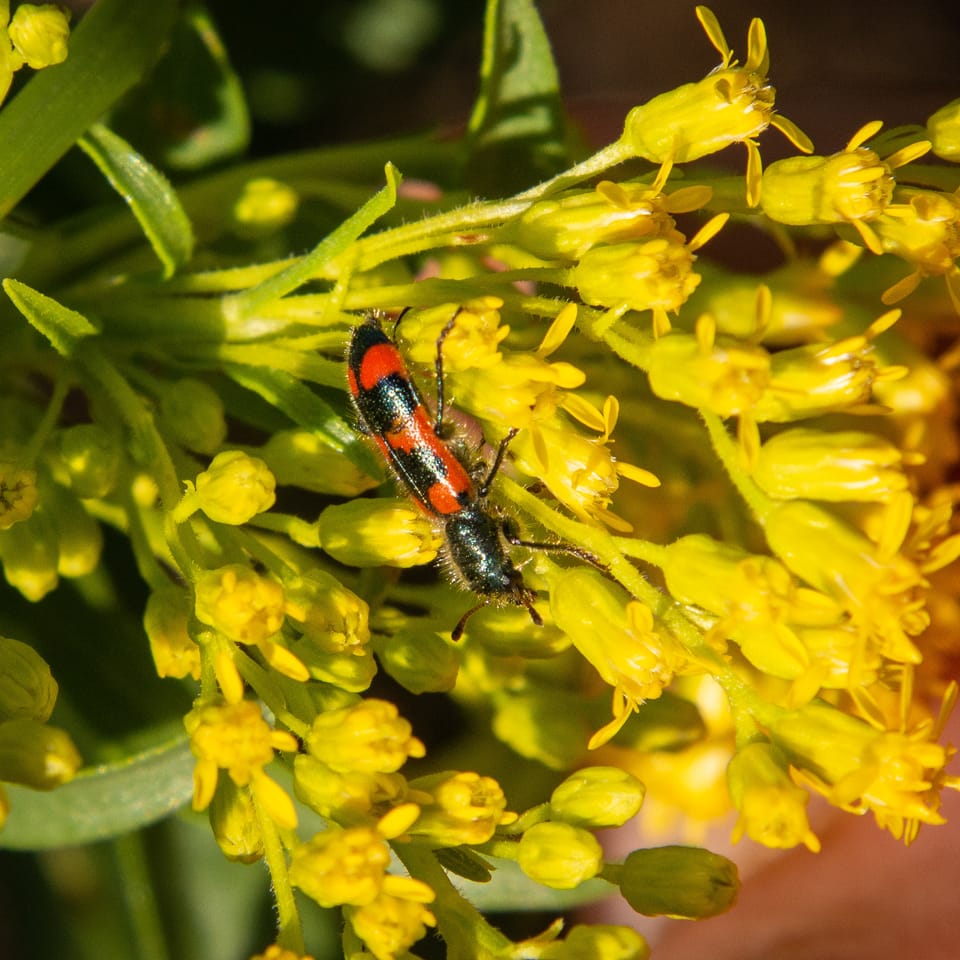EcoWest News, August 20, 2024

Welcome to EcoWest News, a weekly round-up of news and resources that you can put to use in addressing environmental issues and protecting the wild in your community.
Across the West
The BC government is encouraging ‘salvage’ logging in areas burnt by wildfires. But ‘salvage’ isn’t always the right word as it includes living trees that “can offer refuge for a plethora of wildlife and a jump start for regenerating the burned forest next door”. [The Narwhal]
Health professionals say the LNG and fracking industry are escalating BC’s healthcare crisis with increased costs, worker shortages, and worsening health outcomes, particularly in northeastern BC. [Canadian Association of Physicians for the Environment]
“Open meddling by Alberta politicians and lobbyists is putting science-based fish and wildlife management at risk in the province,” says Lorne Fitch. “Everyone — hunters, anglers and naturalists — benefits when we steward fish and wildlife using science and facts applied in a professional manner, refined through balanced, fair and open public process. Stewardship fails when we don’t.” [The Tyee]
“Black-tailed prairie dogs in the West Block of Grasslands National Park in southern Saskatchewan can provide hours of entertainment. What’s more, this is the only place in Canada to find them in their natural habitat.” [Photo Journeys]
An 83-million-year-old shark tooth has been uncovered in southern Manitoba, an area formerly part of the Western Interior Seaway that was connected to present-day Hudson Bay. [Brandon Sun]
Across Canada
Communities are forced to compete with one another when bidding for funds from the federal Disaster Mitigation and Adaptation Fund. There’s a need for more money and federal assessors to help identify the communities with the greatest need. [Global News]
Around the World
We regulate sewage, but stormwater exists in a regulatory no-man’s land, despite the fact that it picks up and accumulates various forms of pollution. [West Coast Environmental Law]
Soft plastic fishing lures pose an environmental risk, releasing harmful additives and chemicals into the water. [USask News]
Global concert tours, such as Taylor Swift’s Eras tour, have a significant environmental impact due to travel and freight, waste, air pollution due to traffic congestion, and energy consumption. [The Starfish]
Energy
If we want more solar and wind farms, we need to get locals on board through community involvement, electricity rebates for nearby residents, and investments in local infrastructure and activities. [The Conversation]
Refurbishing and reusing EV batteries can reduce the demand for new batteries. It will require extended producer responsibility, designing for disassembly, battery labeling and digital identifiers. [Union of Concerned Scientists]
Repurposing abandoned oil and gas sites for small-scale solar energy generation leverages existing infrastructure, such as powerlines, roads, and land leases, minimizing the need for new construction and reducing costs. [Environment Journal]
Making a Difference
A North Vancouver Island tourism website is inviting visitors to take the wild pledge by picking up litter, not disturbing wildlife and natural habitats, and supporting the local culture and economy. [Vancouver Island North]
DIY
Wondering how to organize against the threats posed by feedlots and factory farming to your community? Here are suggestions from people who have been in that position. Ally yourself with a supporting organization, create opportunities for community members to talk and be heard, set up centralized communication tools, access public records, and learn the laws. [Modern Farmer]
Photo credit: https://www.flickr.com/photos/apmckinlay/43408261881
EcoFriendly West informs and encourages initiatives that support Western Canada’s natural environment through its online publication and the Nature Companion website/app. Like us on Facebook, follow us on Twitter or Mastodon, or subscribe by email.

Member discussion